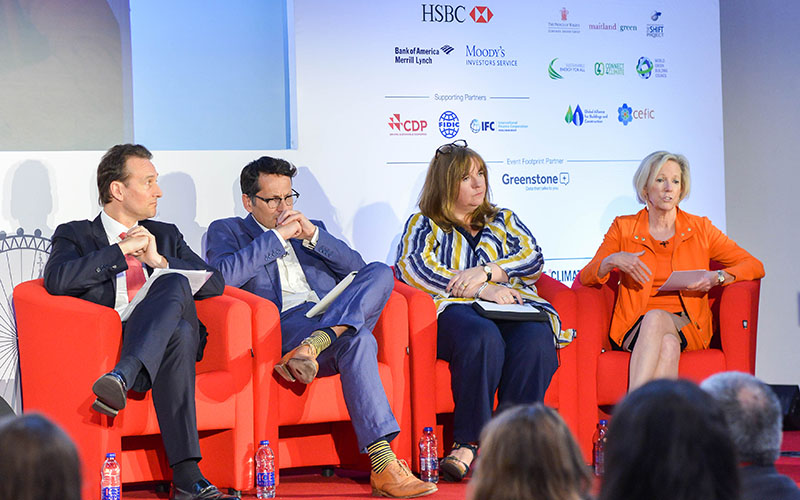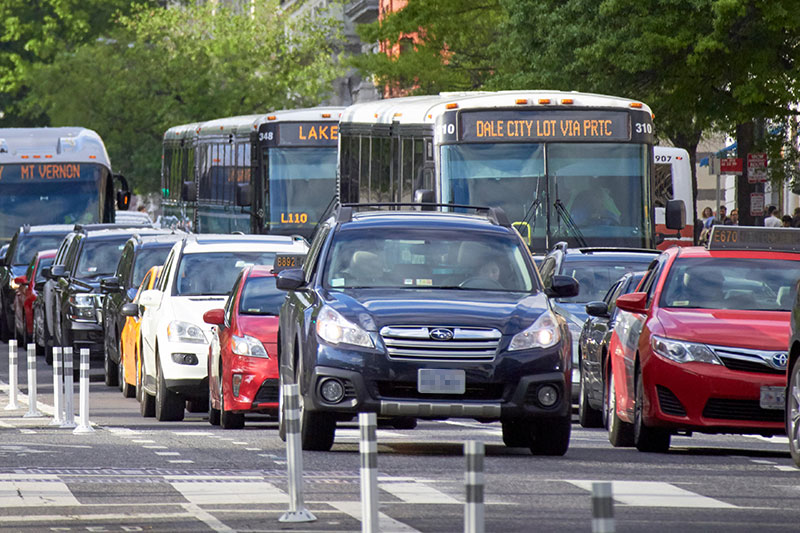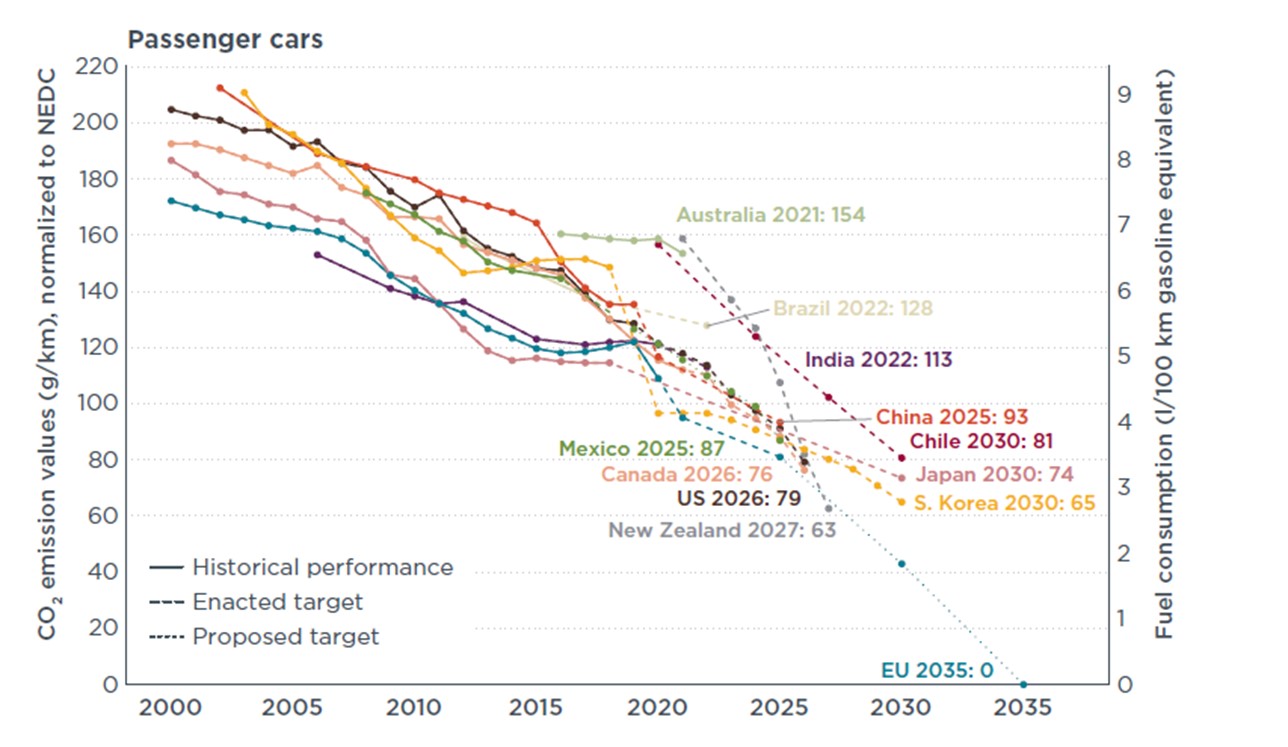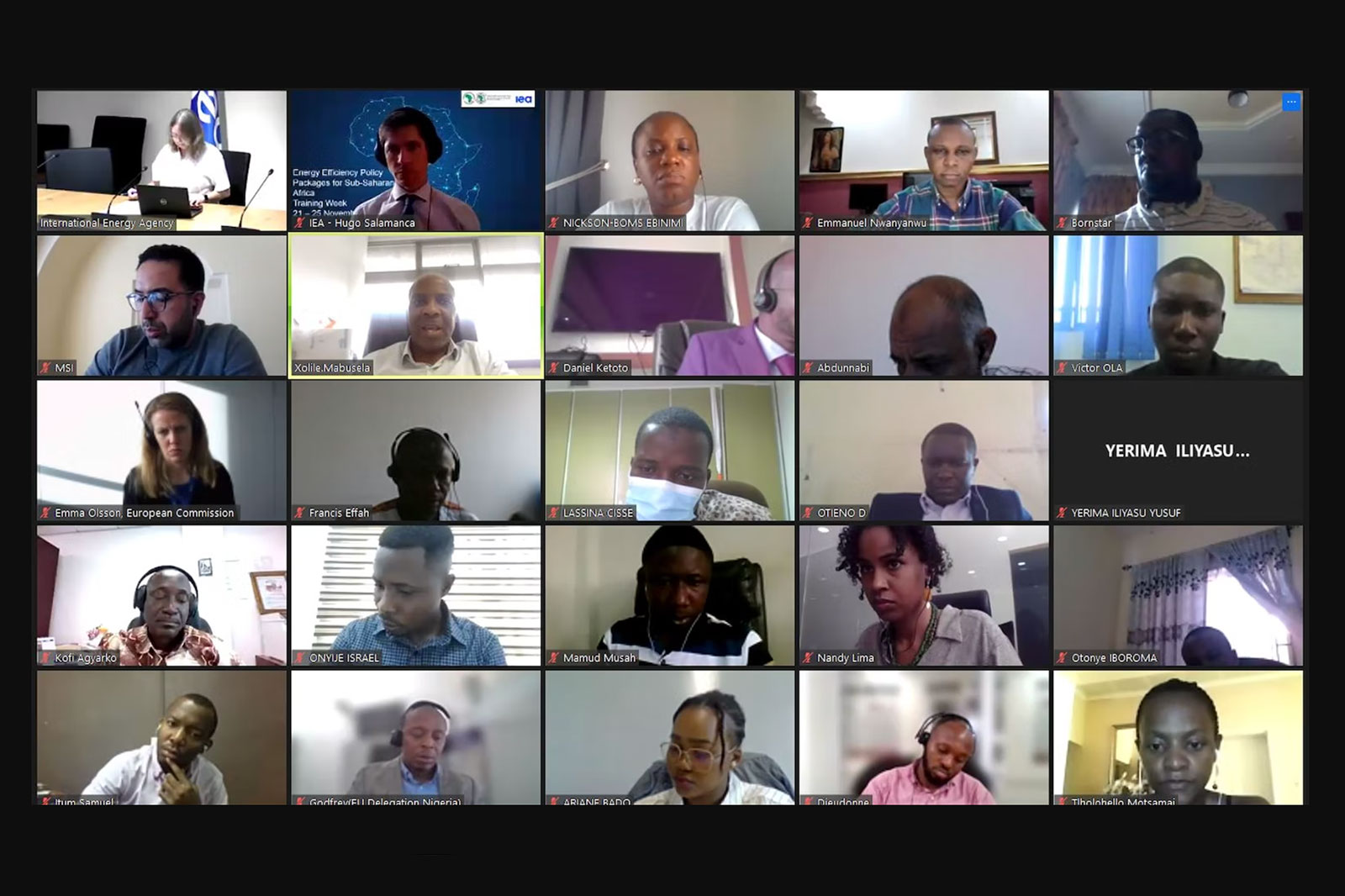GFEI: Clearing the roadblocks for climate action
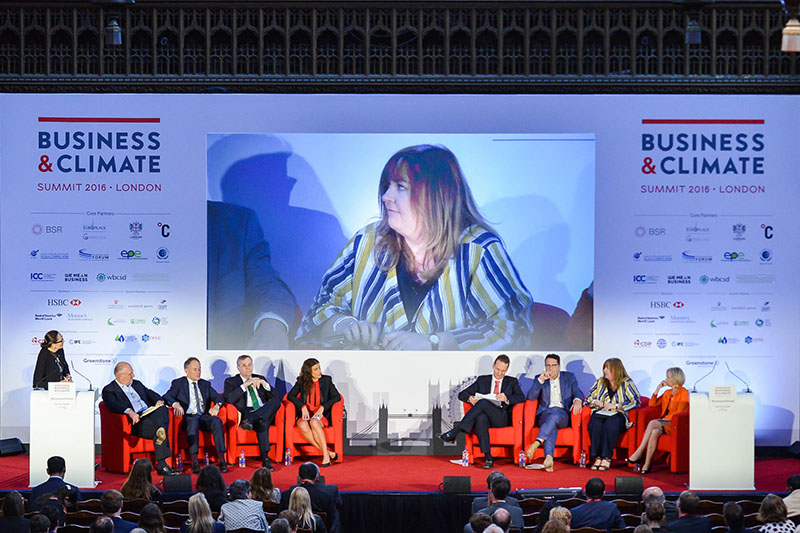
Sheila Watson, Executive Secretary of the Global Fuel Economy Initiative, and Deputy Director of the FIA Foundation, addressed businesses, investors and policymakers at the annual Business and Climate Summit in London on 28th June. Held in the Great Hall of the Guildhall in the heart of the City, she explained how the Global Fuel Economy Initiative is successfully clearing the ‘roadblocks’ to improved fuel economy in order to reduce harmful emissions from vehicles.
With the number of vehicles globally projected to double by 2030, with most of the growth in developing countries, there is an urgent need for action to reduce CO2 emissions from vehicles. She described how there is “a vital job to be done to improve the efficiency of all vehicles, light and heavy duty – because the best impact transport can have on our global energy challenge is not to use so much energy in the first place”, and set out four important areas that GFEI helps stakeholders to address. These are:
1. Understanding the multiple benefits of fuel economy
GFEI has shown that improved fuel economy has the potential to save 33Gt of CO2 by 2050, as well as financial savings of $2 trillion by 2025. Fuel economy also can improve balance of payments and energy security and can support air quality improvements. Fuel efficiency is rising up the global policy agenda, through the Sustainable Development Goals and COP21 Action Agenda, including featuring in 47% of INDCs. GFEI highlights these benefits globally but also supports local champions and provides technical support to help them translate that into good national policy.
2. Setting clear policy signals
There is a need for government to introduce effective policy signals, particularly in relation to new technologies such as Electric Vehicles, and the contribution which they can make. GFEI provides policy makers with capacity-building support which builds on best practice and solid evidence, and which reflects the needs of the individual country/stakeholders in question.
3. Considering the full system
GFEI supports policy makers to consider the full range of policy options and address the whole system, from driver behaviour, to fuels, to the vehicles themselves.
4. Increasing transparency in testing
As recent scandals with VW and Mitsubishi have shown there are technical issues around fuel economy testing and real-world performance, which need to be addressed. There must be some serious investment from all stakeholders in moving towards transparency and away from gaming and cheating the system, and GFEI is working with other civil society organisations to bring this about.
In conclusion, Sheila Watson reiterated that fuel economy is a substantial, cost effective, ‘quick-win’ climate action. It needs political commitment to set the policy frameworks to ensure that these technologies into vehicles, so that the potentially huge gains which it could bring are realised.
